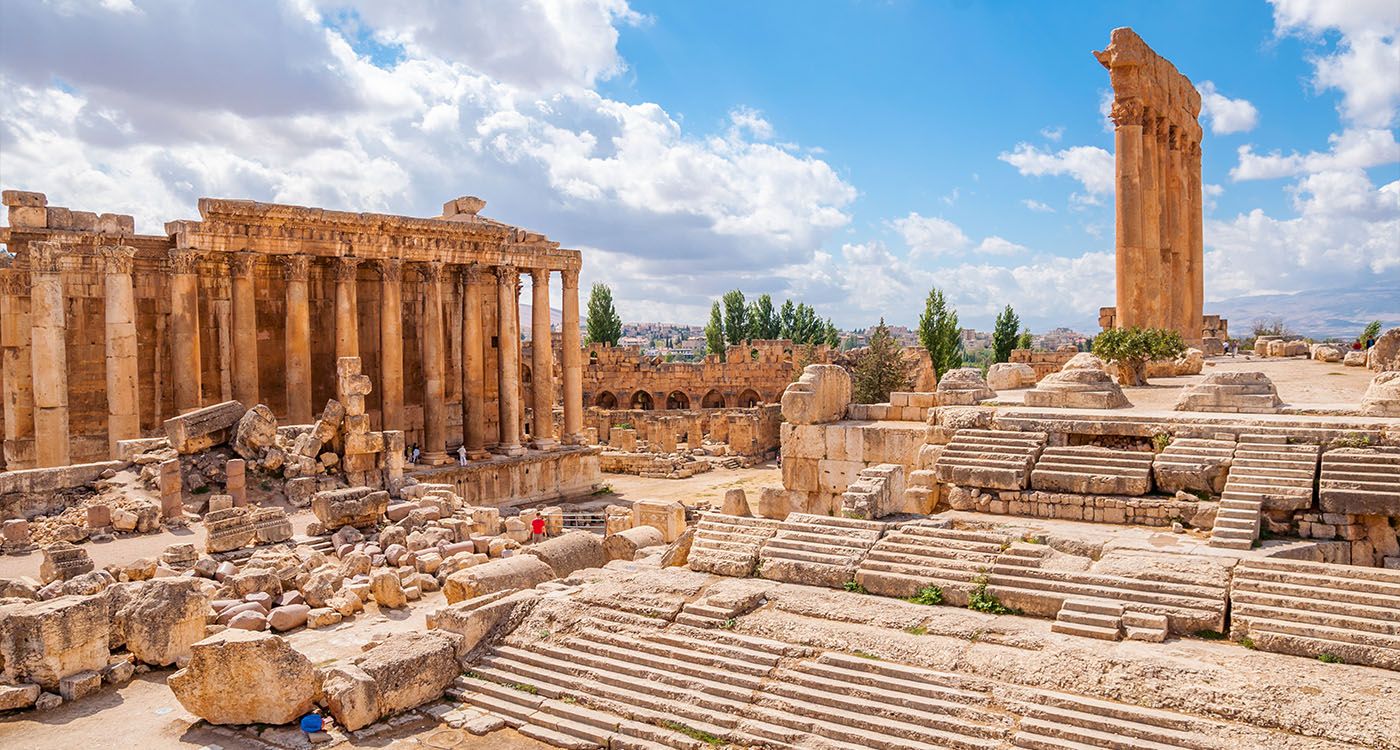
The Baalbek International Festival is far more than a dazzling display of performances and music. Baalbek, with its ancient past and the weight of history etched into its temples, transcends anything a single lifetime could fully comprehend.
While the festival carries undeniable historical significance, it is also deeply intertwined with the very idea of Lebanon, its national identity, its modern history, and everything that stands in contrast to the disjointed reality of today.
As US envoy Tom Barrack spoke of the “Levant” as if preparing the Lebanese for a redrawn map, Baalbek was preparing for something far more enduring: a landmark cultural event that has, for more than seventy years, captured the imagination not only of Lebanon, but of the world.
This year, the festival welcomes the long-anticipated performance of internationally acclaimed Lebanese artist Hiba Tawaji. Yet, Baalbek is more than its majestic ruins and prestigious artistic program.
Since its founding in the 1950s, the Baalbek Festival has been an integral part of Lebanon’s cultural heritage and global artistic presence. It was President Camille Chamoun who formally established the festival as a state-sponsored initiative, embedding it within the official framework of the young republic. His vision was to reinforce the Lebanese identity and to endow the modern state with a unique cultural expression of its own, one capable of projecting artistic strength onto Lebanon’s political landscape. Thus, Baalbek became a stage not only for world-renowned performers, but also for the celebrated “Lebanese Nights,” showcasing national music and memory, from the Rahbani Brothers to the League of Five.
The idea of the Baalbek Festivals represents a profound historical reflection of the Lebanese state's identity and its deep-rooted connection to music, theater, history, and the arts. It stands in stark contrast to the colonial-era narratives being promoted here and there on various levels.
Lebanon is inherently tied to Baalbek—through its past, present, and future. The festivals embody an enduring idea that goes far beyond mere artistic performance.



Comments